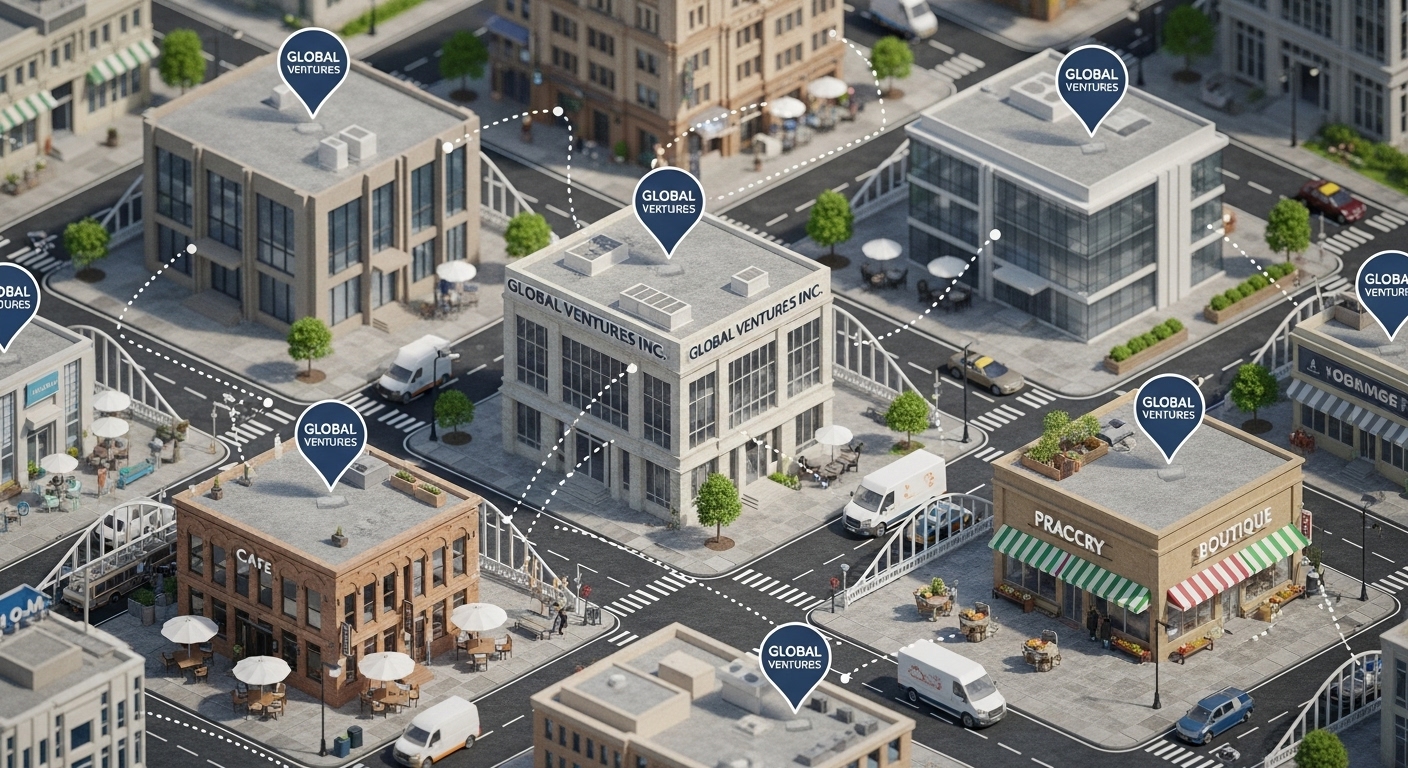Understanding the Importance of Local Engagement
Building meaningful local connections is essential for multi-location businesses aiming to maintain authenticity and relevance within each community they serve. While large-scale operations benefit from brand recognition, local engagement fosters trust and loyalty that generic marketing often can’t achieve. Understanding neighborhood dynamics, cultural nuances, and customer preferences allows businesses to tailor their messaging, services, and community involvement. Whether it’s sponsoring local events, supporting nearby schools, or participating in community initiatives, these efforts show genuine investment beyond profit.
To strengthen these relationships, brands must adopt strategies that connect their overarching goals with localized actions. Using data-driven insights to personalize outreach can help businesses drive foot traffic with localized, store-level campaigns that resonate with each community’s unique needs. This approach encourages consistency in brand identity while empowering individual locations to respond effectively to their markets. Ultimately, businesses that integrate local engagement into their broader strategy can cultivate long-term customer relationships and sustain growth across multiple regions.
Leveraging Social Media for Local Outreach
Social media has transformed the way businesses communicate with their customers, and for multi-location organizations, it provides robust tools for targeted outreach. By establishing individual accounts or groups tailored to each store or region, companies can share content that resonates culturally and contextually, thereby enhancing their brand presence. This might include announcing localized promotions, celebrating local holidays, or highlighting partnerships with beloved neighborhood organizations.
Consider how a restaurant chain can balance posting national campaigns on its main account while using local pages to promote exclusive happy hour specials, live music nights, or community fundraisers. This dual approach ensures both a unified brand presence and personal connections within each locale. Furthermore, engaging through comments, shares, and real-time interactions enables businesses to gather immediate feedback and foster local loyalty.
Hosting and Participating in Community Events
Engaging in local events provides a tangible way for businesses to become an integral part of the community. Hosting workshops, sponsoring youth sports, or joining city charity walks are effective methods to demonstrate that a business values more than just sales. These efforts humanize the brand, create new connections, and leave customers with memorable experiences linked to the company. Participation should extend beyond sponsorship—direct involvement, such as volunteer days or staff-run booths, enhances authenticity. Companies that actively participate in community events tend to retain customers longer and are often regarded as leaders in their local area.
Forming Strategic Local Partnerships
Partnerships with other local businesses and organizations can unlock valuable opportunities for multi-location enterprises. For instance, a gym chain collaborating with a nearby smoothie bar to create joint membership discounts or co-host wellness fairs increases exposure for both brands and builds valuable cross-promotion. Such alliances expand each partner’s reach and tap directly into built-in customer bases.
The data supports this: partnerships rooted in mutual goals often produce a measurable uptick in repeat visits and customer trust. By aligning with brands already respected in the community, businesses can borrow that local equity and share in the rewards of increased loyalty and recognition.
Implementing Localized Marketing Strategies
Localization means more than adapting offers or campaigns; it involves embedding cultural understanding into every aspect of marketing. Using local language nuances, regional catchphrases, and recognizable imagery (such as city landmarks or sports teams) helps create a sense of belonging. Marketing materials should also address specific local concerns or highlight how the business supports regional values—whether through sustainability, hiring practices, or charitable outreach.
The more personalized a brand feels to its audience, the greater the impact. Data-driven insights and local feedback loops are invaluable in refining campaigns and ensuring messaging aligns with community expectations.
Ensuring Consistency with Centralized Oversight
While adaptation is crucial, maintaining the integrity of the overall brand is equally important. Businesses should implement centralized oversight in the form of brand guidelines, regular audits, and shared training resources to ensure all locations represent the company’s core values and visual identity. This doesn’t mean imposing rigid templates—instead, it’s about creating guardrails that empower local freedom within a trusted framework.
Centralized oversight also enables better data sharing, more cohesive storytelling, and ensures compliance with any regulatory requirements that may span multiple markets.
Utilizing Technology for Scalable Local Engagement
Technology, particularly Local Marketing Automation (LMA) tools, is a game-changer for businesses operating at scale. LMA platforms enable easy creation of branded templates, automation of social posting, and collection of data from all locations. These tools empower local managers to deploy their own campaigns with minimal friction, while ensuring the corporate maintains oversight and brand compliance.
Automation also streamlines reporting, enabling businesses to quickly identify trends, pinpoint high-performing tactics, and refine their strategies for maximum impact. The combination of efficiency and consistency is invaluable in a fast-paced multi-location environment.
Measuring and Adapting Strategies
Continuous improvement is the hallmark of successful local engagement. Regular measurement using analytics tools allows businesses to monitor foot traffic, customer sentiment, and campaign performance at the store level. Soliciting in-the-moment feedback from customers—whether through surveys, social media polls, or live events—keeps brands agile and in touch with evolving preferences.
Those willing to adjust their tactics and invest in new ideas benefit most from the loyalty and enthusiasm that strong community roots can generate. Multi-location businesses shouldn’t see adaptation as a challenge, but as an ongoing opportunity for innovation and growth.
Sustaining Growth Through Local Connection
Building local connections at scale is both an art and a science. Through community engagement, localized marketing, strong partnerships, and the strategic use of technology, multi-location businesses can bridge the gap between national presence and local relevance. By nurturing authentic relationships and remaining responsive to local needs, businesses not only drive long-term growth but also become integral contributors to the communities they serve.
